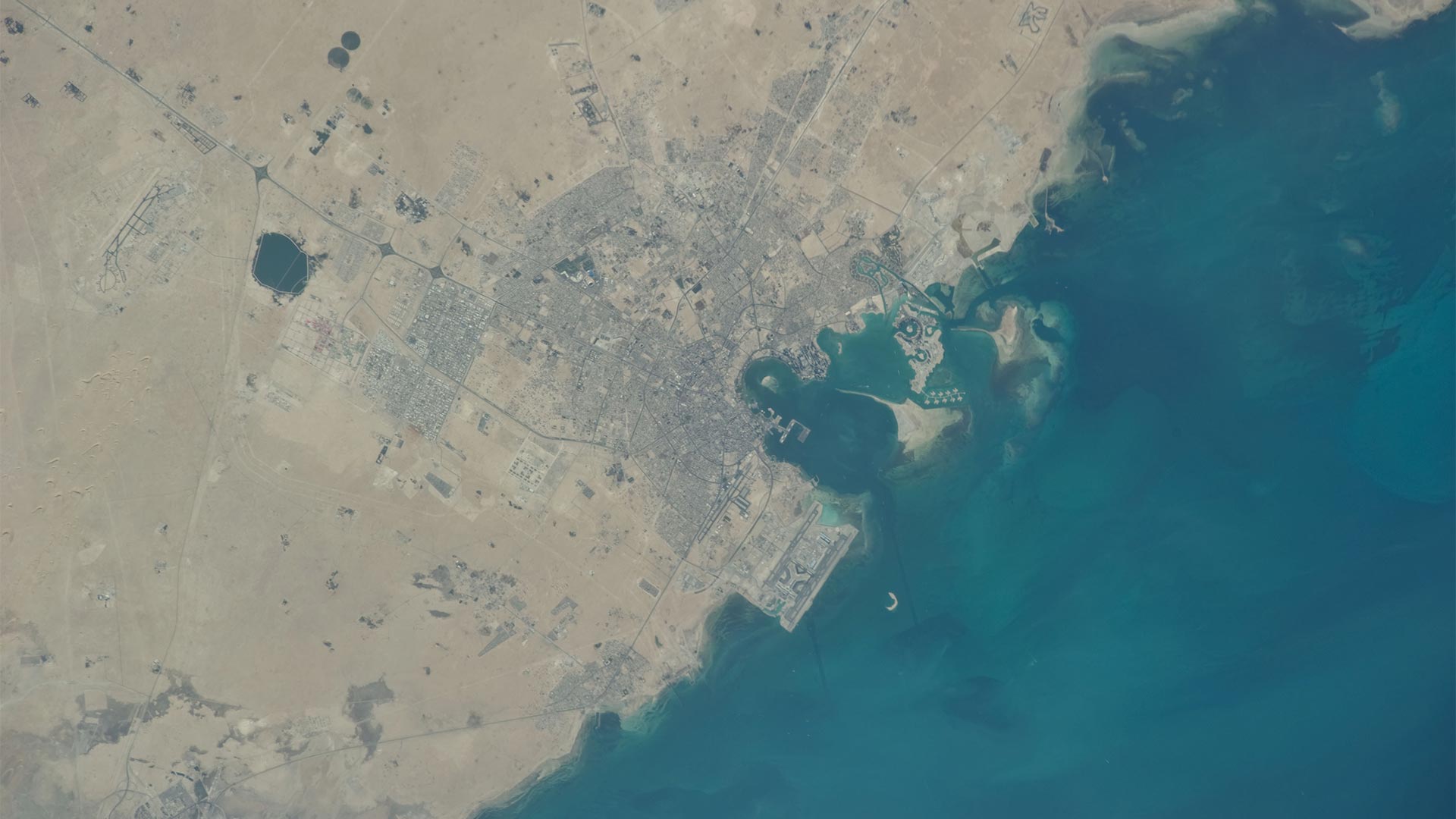-
Middle East Policy has been one of the world’s most cited publications on the region since its inception in 1982, and our Breaking Analysis series makes high-quality, diverse analysis available to a broader audience.
-
Middle East Policy has been one of the world’s most cited publications on the region since its inception in 1982, and our Breaking Analysis series makes high-quality, diverse analysis available to a broader audience.

By Middle East Policy
Doha’s longtime hosting of the militant group allows it to facilitate negotiations, but the brutal terror attacks have increased pressure on the Gulf country to cut ties.
Qatar’s desire to punch above its weight on the regional and international stages is being tested as the war in Gaza rages. The tiny Gulf state has been working with US officials as a mediator between Hamas and Israel. In the last 24 hours, reports indicate, Doha has brokered an agreement for the terror group to release about 50 of the suspected 240 hostages seized during the October 7 attack—as well as the names of the remaining captives—and for Israel to halt its campaign for three days and allow much more humanitarian relief into the besieged territory.
Despite this progress, Western and Israeli officials are pressing Qatar to cut its ties to the group, the governing authority in the Gaza Strip. Doha has hosted Hamas’s political wing since 2012, when the group was forced to move from Syria due to the civil war. And the oil-rich Arab state has paid public-sector salaries in Gaza to the tune of $30 million per year, plus millions more in development funds.
Indeed, according to an article in Middle East Policy by Ariel Admoni, Qatar’s decisions have long been “made in consideration of the Palestinians’ point of view.” Doha has held this position even as some Arab states have normalized relations with Israel—formally or secretly—from the Egypt-Israel accords in 1979 to the Jordan-Israel deal in 1994 and the Abraham Accords of 2020–21.
The atrocity of October 7 could be altering the calculations of both the Gulf state and its partners, especially the United States, Israel’s most important ally. A meeting last month between US Secretary of State Antony Blinken and the emir of Qatar, Sheikh Tamim bin Hamad Al Thani, ended with an agreement to revisit the Hamas relationship after the hostage crisis is resolved.
But should we expect a transformation of this position? Admoni argues that support for Palestine has long been a primary driver in Qatar’s decision making. In addition to aligning with the state’s purported ethical concerns, Doha’s “involvement in the Palestinian arena is an important tool for establishing its status as an influential regional player.”
After the Camp David talks of the late 1970s, Admoni observes in his article, the Gulf state declared the “framework unacceptable as a basis for a permanent settlement.” And in 2020, following Israel’s signing of the Abraham Accords with the UAE and Bahrain, Qatar’s foreign minister lamented, “Arab states that establish ties with Israel undermine efforts for Palestinian statehood.”
Doha maintained this support even when the Palestine Liberation Organization backed Saddam Hussein’s invasion of Kuwait in the 1990s—despite the fact that Qatari personnel joined the US coalition to drive out the Iraqi military.
While it appears unlikely that it will be forced to expel Hamas representatives, and Washington and Doha have mutual interests—the Gulf state is the home of the largest American military installation in the region, Al Udeid Air Base—it is unclear how long Qatar can maintain this balancing act.
“I’ve also been making it clear…that there can be no more business as usual with Hamas,” Blinken told reporters on October 13, adding that the “unconscionable acts of brutality” have changed US calculations. However, as Admoni shows, Qatar may continue to be one of the key backers of Palestinian aspirations.
Among the takeaways readers can find in Admoni’s Middle East Policy article, “Peace Is Relative: Qatar and Agreements with Israel”:
You can read “Peace Is Relative: Qatar and Agreements with Israel“ by Ariel Admoni in the Fall–Winter 2021 issue of Middle East Policy.